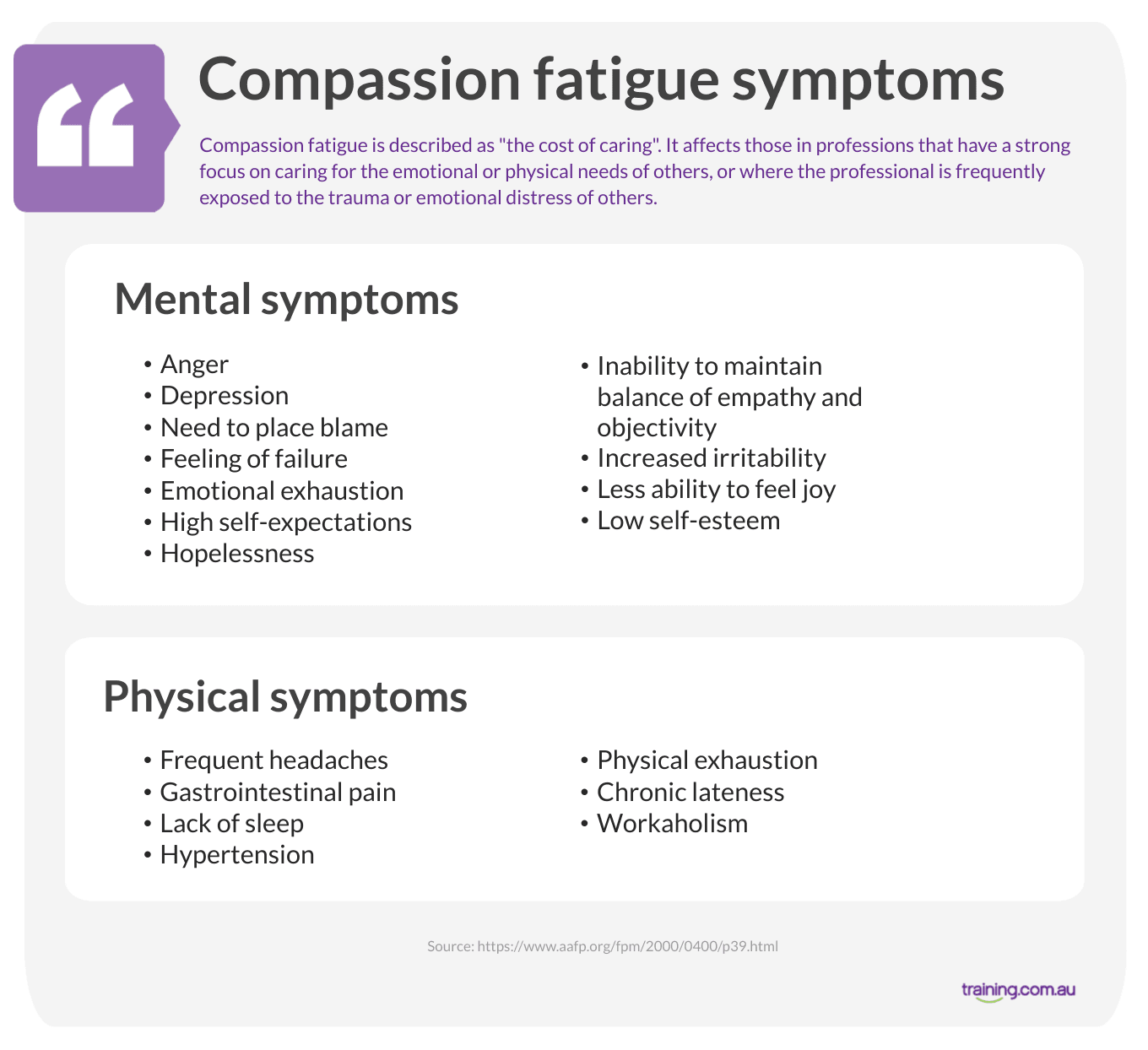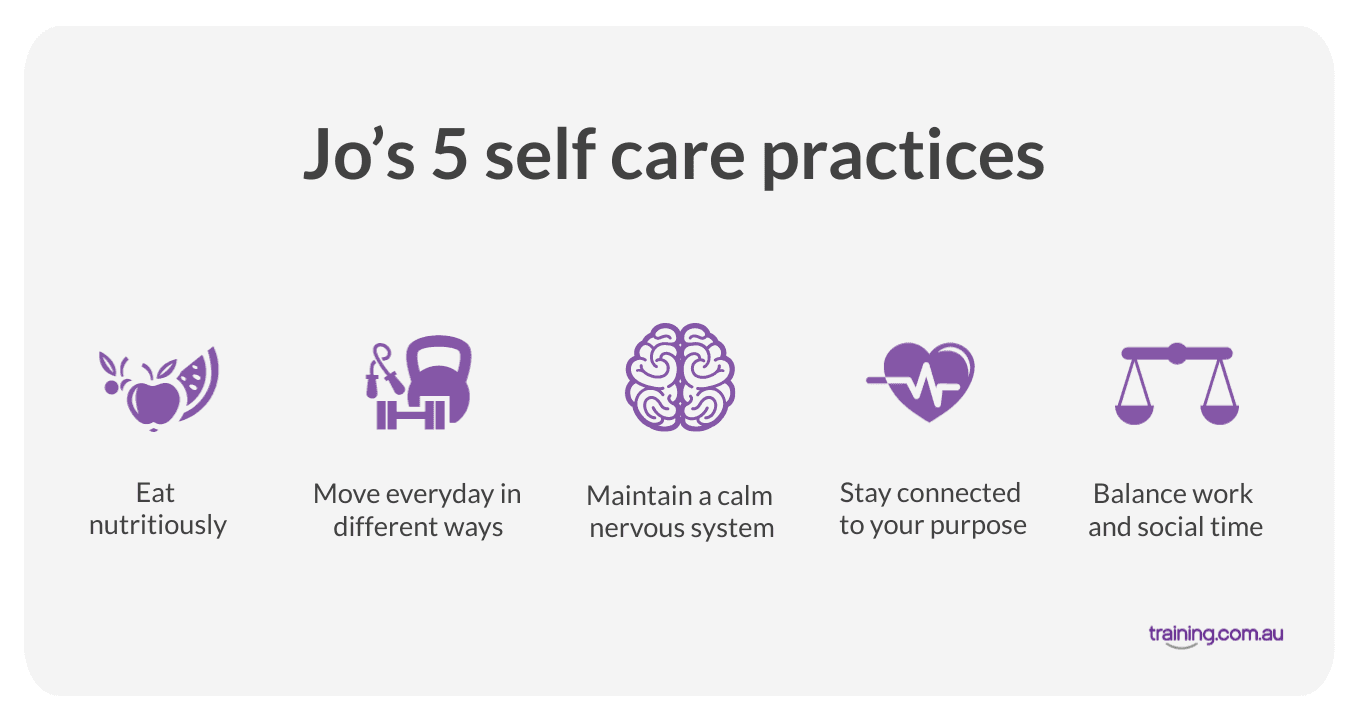What to Expect When You Start Working as a Counsellor: 6 Lessons

Guiding people through tumultuous times in their lives is a deeply rewarding experience.
But working as a counsellor isn’t for everyone. You need a strong calling to work in this field. It has a set of unique challenges that can quickly overwhelm someone without the commitment or passion to stick them out.
If you’re driven by a purpose or led by life experience, working as a counsellor is bound to provide incomparable fulfilment. You’ll experience beautiful, moving moments as a counsellor, but you’ll also have confronting encounters. These encounters pave a steep learning curve when you first start practicing. You’ll battle burnout, experience imposter syndrome, and may even take some wrong turns with clients.
Jo Woods has been a counsellor for 20 years, and has experienced all of this in her career. The lessons she learned when she first began practicing have become ingrained ideals in her career. And these ideals have helped her provide the best care to her clients.
Here, she shares the lessons she learned as a new counsellor that still ring true 20 years on.
1. To become a good counsellor, you need supervision and experience in the client’s chair
If you’re drawn to counselling as a career, it’s likely you already have the traits and passion required to become a good counsellor. But raw passion alone won’t get you far in this journey. To give yourself a solid foundation as a counsellor, Jo says two things are key:
- Supervision from a more experienced counsellor
- Experience as a client
In your early years, Jo says these two things should be at least monthly or bi-monthly. “You really need someone to talk about sessions with, and ask questions about how you might have handled something.”
Even now, 20 years into her counselling career, Jo still ensures she’s keeping up with them. “I have supervision once a month, and I have my own session with someone once a month or two.”
When you start working as a counsellor, Jo advises keeping notes on your sessions. You can bring the notes to your supervision sessions so you can ask questions about how you might have handled something.
But Jo says, “These supervision sessions are also to check in on you, because your counselling sessions can bring up things in you,’ Jo says.
‘If you haven’t worked through your issues in at least a basic way and if you don’t have a good awareness of your triggers, I think therapy is difficult to give to others.”
Being ‘on the couch’ yourself can also give you valuable insights into the client’s experience — for instance, how it feels walking into a session, and what it’s like building rapport with the counsellor you’re seeing. Most importantly, it gives you hints about how to make clients feel as welcome and comfortable as possible.
Your personal experience as a client will also help you understand one of Jo’s most crucial pieces of advice: when you become a counsellor, don’t act like a counsellor.
2. When you become a counsellor, don’t act like a counsellor
“A couple of therapists I’d seen in my early days, had that ‘therapist persona’. And I wasn’t able to connect with them because they were being a therapist,” Jo recalls. “I think it’s really important to just be yourself, and use your training and your life experiences to listen, empathise and relate to your clients.”
The reason people will struggle to connect with the therapist persona is because “it’s not authentic”, Jo explains. “People sense it. I sensed inauthenticity with those two counsellors. And it meant I wasn’t able to relax and I was less likely to share what was really happening for me. It just doesn’t really click.
But there are some things that can interfere with your ability to close that gap. Jo says it could be “the realisation that you’re very green, and perhaps the feeling of imposter syndrome, which is a lack of self-trust.”
She explains these things, along with a lack of experience, can cause you to “spend a lot of time in that persona. And I think when you’re new it’s really hard to close that gap and be yourself. Hence why you need to have your own sessions, because that’s a project in itself.”
Learn the steps to becoming a counsellor, including what to study and how to get accredited.
3. Burnout will sneak up on you as a new counsellor
One of the most insidious yet common challenges you’ll face working as a counsellor is burnout. “It’s often called compassion fatigue in the counselling world,” Jo explains. “You start to notice that you don’t have that same level of empathy that you used to have. That’s always a telltale sign.”
The risk of developing compassion fatigue is especially high for new counsellors.
“When I started as a counsellor, I went so fast and packed a lot in, and I didn’t really know how to manage my emotions. Very soon after I started practicing — probably towards the end of my first year — I just started to feel really fatigued and I wasn’t trusting myself. I was second-guessing and feeling anxious,” Jo recalls.
Compassion fatigue comes with its own series of sinister challenges. As well as second-guessing your professional abilities, you’ll start to find your working environment makes you feel fragile, sad or demotivated. On top of that, Jo says, “It boils into your personal life. So, not only do you feel a little fragile in the working environment, but you also start to feel that way at home and in your personal relationships.
The velocity at which compassion fatigue hits you often means you won’t be prepared for it — especially as a new counsellor. “It snowballs and that’s when everything falls apart.” Jo explains.
“I think the trick with burnout is to notice the signs really early. But ideally, you wouldn’t get to that point because you’d be managing your health and wellbeing,” Jo says. “If you’ve got good support around you and supervision, and you’re really practicing self care then you can definitely avoid it.”
Jo’s 5 self care practices
“I think the main thing with self care is to be aware of your energy,” Jo says. Her five self care essentials are:
- Eat nutritiously
- Move everyday in different ways
- Maintain a calm nervous system
- Remain connected to your purpose and values as a counsellor
- Have a balance of work and social time
Aside from these, Jo says sleep and rest are crucial for maintaining your wellbeing.

The ultimate guide to counselling in Australia
This comprehensive guide explores everything you need to know about becoming a counsellor in Australia, including career pathways, qualifications, specialisations, and job opportunities.
4. Avoid diving into complex mental health issues as a new counsellor
It seems counterintuitive to everything you’ve been working towards. Especially after your studies, you’re probably raring to get into the thick of things. But Jo’s advice is to ease into the field, and gain experience before you start working in complex niches.
“When I first became a counsellor, I was working in stress management,” she says, explaining that she didn’t even work with people with panic attacks, she only helped those with acute stress. While it might seem basic, this is the best way to gain confidence as a new counsellor.
The experience you gain through counselling at a basic level will also help you through the more confronting moments you’ll experience as a counsellor.
Jo recalls one experience in her very early days as a counsellor: “I was working with a couple and one person was unhappy with how I handled a certain session.
“It’s upsetting when you know you’ve taken a wrong turn with someone and they feel confronted or they don’t feel heard. If it’s in a couple setting, they might feel ambushed or that there’s an imbalance.
“But again, if you’re working at a level that you feel competent and confident in, you can avoid those moments to a large extent.”
However, Jo says, “I do think they’re inevitable.”
This is where your experience becomes invaluable. It will help you navigate confronting situations and move forward.
Discover five different niches in counselling, and the kind of difference you could make in each.
5. You may not know if you’re making a difference
The topic of getting told you’ve taken a wrong turn in a counselling session ties into the much more difficult question of, “Am I making a positive difference?”
“Making a difference is such a huge question,” Jo says. “Again, as a new counsellor, when you’re green and lacking confidence it’s hard to read your client to see if you are.
You might feel as though you need to make an immediate and life-changing difference in every client in order to be successful. But that’s not the nature of counselling.
At its core, counselling helps people reflect on their experiences and draw their own insights in order to solve issues. ‘Help’ is the operative word. You can’t necessarily give client’s advice or tell them how to ‘fix’ something. Your job is to guide them to reflect on their experiences and discover the answers themselves.
That’s why, often, positive changes will occur as a slow burn. The difference you make will be seen in subtle ways — perhaps a client is getting better at self-reflecting, or their walls might come down a little further each time you see them.
Epiphanies and breakthroughs happen too, but these can take many sessions to reach.
“I’ve had some really incredible sessions with couples, and I’ve had equally as moving sessions with individuals,” Jo recalls. “You might call them ‘breakthrough moments’, but also just watershed moments where someone has finally broken down or had an epiphany that’s life changing for them.”
“Some of the sessions I’ve had with couples have been amazing where they’ve repaired some really old, deep hurts. And they’ve had the realisation that they could stay together and have a really amazing relationship,” Jo says.
Sometimes, feelings of imposter syndrome or uncertainty around whether you’re making a difference can actually be hinting that you’re “working at too high a level”, Jo explains. “That could be a good indication to reassess the client population you’re working with and the niche that you’re in.”
6. Your own life experiences are your most powerful tool
Before you even begin your studies to become a counsellor, you probably already have a purpose that’s driving you. For many people, this driving force is rooted in personal life experiences.
It’s important to define and stay connected to your purpose, Jo explains. This is what will drive you through the tougher aspects of the role.
“It’s like any other job: it’s got some really lovely experiences in it, and some incredible moments. But it also has parts that are difficult and some that may be tedious,” she says. “You have to remind yourself that it’s a job.
“What drives me is that I’m committed to being in service. I’m here to serve and support people, and help them find their way forward and figure out their life and relationships. And when I stay connected to that objective and the drive, I think that helps you push through the bits that aren’t so pleasant.”
Your life experiences also form a really powerful aspect of your counselling career.
“If you’ve had life experience with someone who’s alcohol affected, has a disability, or any particular part of life you have a lot of experience in, I really encourage you to consider specialising.”
Jo began specialising in relationships a few years ago, saying, “It was an organic evolution of my practice with individuals. Because, let’s face it, the majority of our issues are in relationships.” But more so than that, she explains it was always a niche she was interested in because of her own life experiences.
“I’ve always found relationships very confusing — specifically what you’d call the primary attachment relationship.
“As I started to work in the couples area, my experience of feeling insecure, confused and unsure has played a critical part in my ability to help others. I have deep insights around what it might feel like to be in that relationship that I’m working with,” she explains.
That strong sense of empathy is an invaluable asset to have while working with clients. It also helps your authentic self shine through.
Working as a counsellor will have challenges unlike any other job. It’s a role that only calls to those whose purpose, life experiences and interests have led them on a new journey to help others. As long as you remain connected to your purpose and you let your authentic self shine, your counselling career will offer a sense of fulfilment you’re unlikely to find elsewhere.
Find your perfect course to start your journey as a counsellor.
Discover a resource library that can take you from A to B on your journey to becoming a counsellor. From figuring out what specialisation to choose, to insights from professional counsellors, this guide has everything you need.
Read the other articles in this series:
To get a realistic and honest look into being a counsellor — no holds barred — professional counsellor Dan Auerbach offers the insights he’s gleaned through his career.
Amber Rules, a practicing psychotherapist, counsellor, clinical supervisor and facilitator, shares the things she wished she knew before becoming a counsellor.
Browse Results
Diploma of Counselling
There is a growing need for people who can offer support services to adults and teenagers who may need support and guidance. If you have the desire to help people lead a happier life to reach their full potential, a career as a professional Counsellor...

Diploma of Nursing
Build a meaningful career that makes a difference with the HLT54121 Diploma of Nursing. This nationally recognised qualification provides the essential skills, knowledge, and practical training needed to become a qualified Enrolled Nurse in Australia....
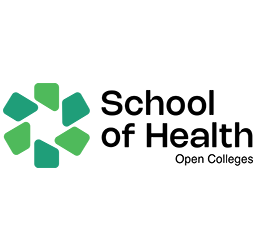

Graduate Diploma in Management
The Graduate Diploma in Management is an online postgraduate qualification that is ideal for busy senior managers, with a potential entry pathway through any of our Graduate Certificates and study that is highly supported, fits into your schedule, and...

Graduate Certificate in Management
The Graduate Certificate in Management is an online postgraduate qualification that is designed for newer and ambitious professionals, with entry possible through management experience alone and a study structure that easily accommodates full-time work...

Certificate III in Community Services (WA Only)
The Certificate III in Community Services is perfect for entry level community services workers who support individuals through the provision of person-centred services. Work may include day-to-day support of individuals in community settings or suppor...

Certificate IV in Fitness
Take the next step in your career and gain the qualification you need to become a Personal Trainer. If you currently work in the fitness industry as a Gym or Group Fitness Instructor, elevate yourself to the next level by studying the SIS40221 Certific...
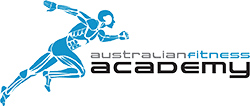
Certificate III in Fitness
If you’re looking to begin your career in the fitness industry, studying the SIS30321 Certificate III in Fitness is the perfect qualification to get you started. Gain all the knowledge and skills you need to enter the industry as a Gym Instructor or Gr...

Personal Trainer Course
Join the fitness industry as a Personal Trainer and turn your love for fitness into a rewarding career by graduating in both the SIS30321 Certificate III in Fitness & SIS40221 Certificate IV in Fitness. Enjoy the flexibility of being your own boss...

Bachelor of Health Science (Clinical Nutrition)
Clinical nutritionists integrate traditional food wisdom and current scientific evidence to motivate individuals and communities to eat well and live healthier lives. The Bachelor of Health Science (Clinical Nutrition) is supported by a strong underpin...

Bachelor of Health Science (Naturopathy)
Naturopathy is a whole medical system combining theory (philosophy and principles) and practise that uses an array of natural therapies to support healing and maintain health. Naturopaths aim to treat the underlying causes of illness and disease. The c...

Certificate III in Community Services (Perth Only)
Are you a natural when it comes to providing guidance to people? Would you like to kick start a career in Community Services? The Certificate III in Community Services (CHC32015) is the perfect entry-level qualification for prospective Community Servic...
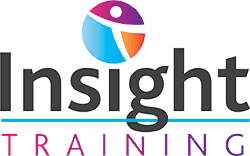
Certificate III in Individual Support (Ageing OR Disability) (Perth Only)
If you have a passion for helping those most in need, this qualification is one way you can utilise your knowledge for the benefit of others. Package the Certificate III in Individual Support (Ageing or Disability) (CHC33021) to save time and gain know...

Certificate lll in Early Childhood Education & Care (Perth Only)
If you love working with children and want to learn more about providing quality education and care in a range of environments, this course is for you. The Certificate lll in Early Childhood Education and Care (CHC30121) can provide you with an entry-l...

Certificate III in Individual Support (Disability) (SA Only)
The Certificate III in Individual Support (Disability) is designed to equip you with the practical skills and knowledge to support people living with disability in a variety of care settings. With a focus on person-centred support, you’ll learn how to...


Certificate III in Non-Emergency Patient Transport (VIC Only)
Our Promise We are confident in the delivery of our training. On successful completion of the course, graduates will be guaranteed a telephone interview for vacant Patient Transport Officer positions in the Non-Emergency Patient Transport division. So...
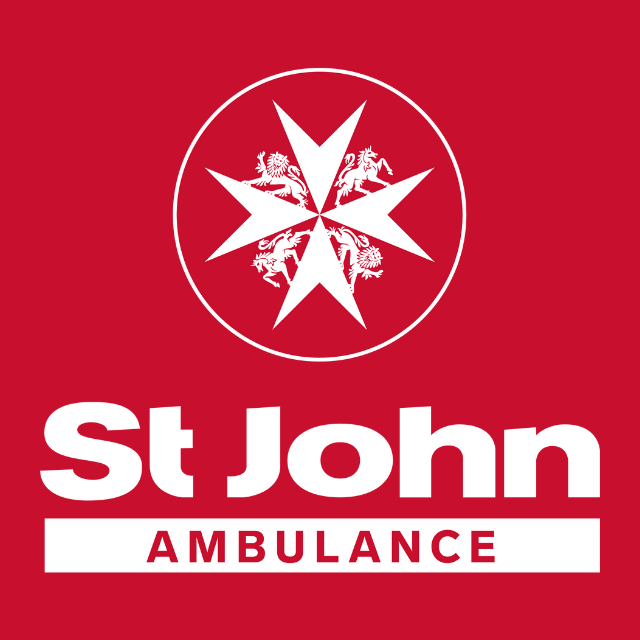
Diploma of Community Services (Perth Only)
The Diploma of Community Services qualification reflects the roles of community services, case management and social housing workers involved in the managing, co-ordinating and/or delivering of person-centred services to individuals, groups and communi...

Certificate IV in Business (Perth Only)
This qualification is suited to those working as administrators and project officers. In this role, individuals use well-developed skills and a broad knowledge base to apply solutions to a defined range of unpredictable problems and analyse information...

Certificate III in Process Manufacturing (Perth Only)
The Certificate III in Process Manufacturing is designed for those working or looking to work in production, warehousing, or factory roles. This hands-on course equips you with the practical skills needed to operate machinery, follow safety procedures,...

Certificate III in School-Based Education Support (Perth Only)
Are you interested in becoming a teacher’s aide? Work with teachers to create a comfortable and supportive environment for children’s learning. You will ensure lessons run smoothly while also developing the student’s literacy, numeracy and resear...

Certificate III in Allied Health Assistance (Perth Only)
A Certificate III in Allied Health is your entrance into the world of health services! This course will teach you to support workers in a range of fields such as audiology to social work. You will use your qualification to gain an entry-level job in ei...

